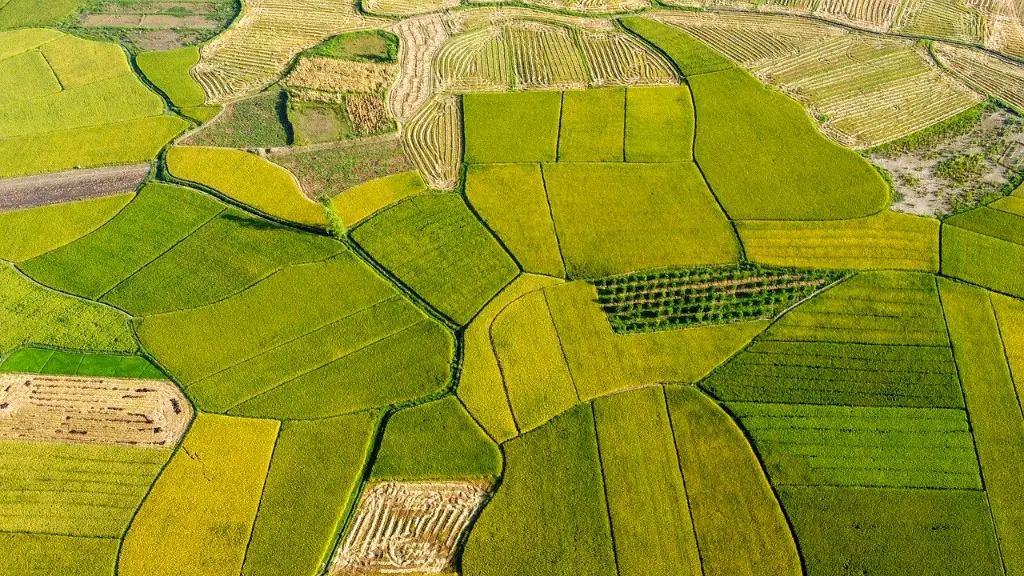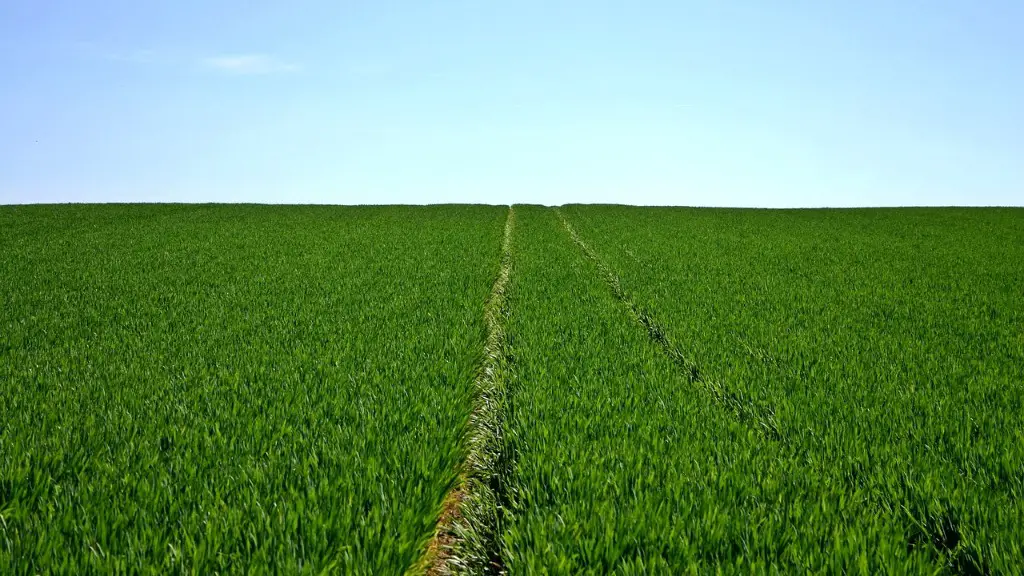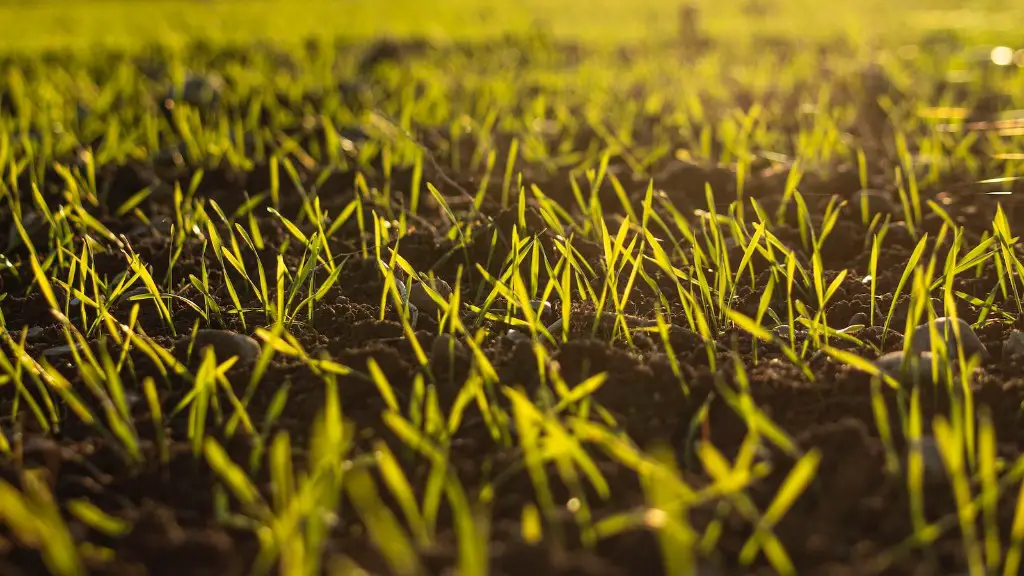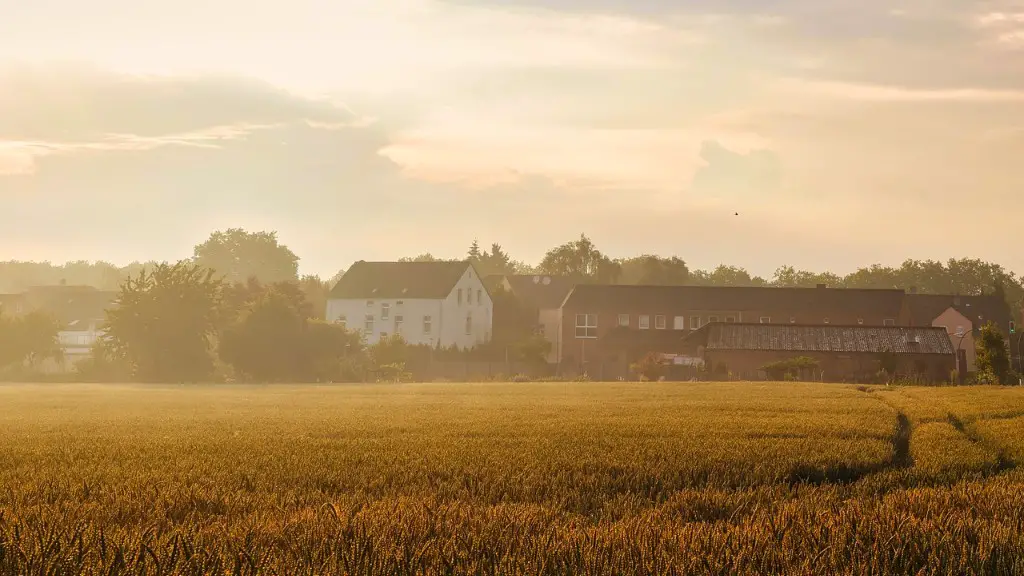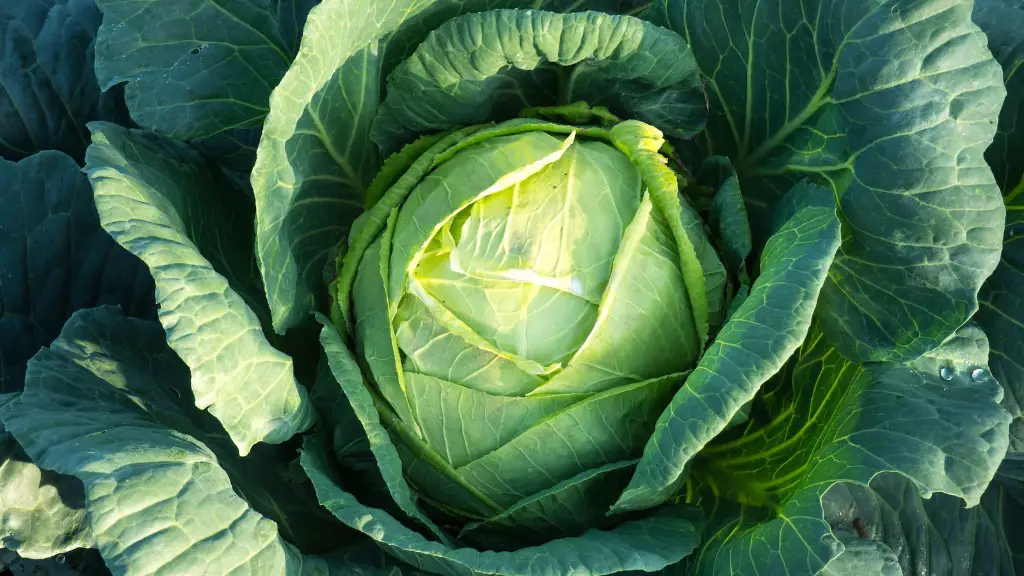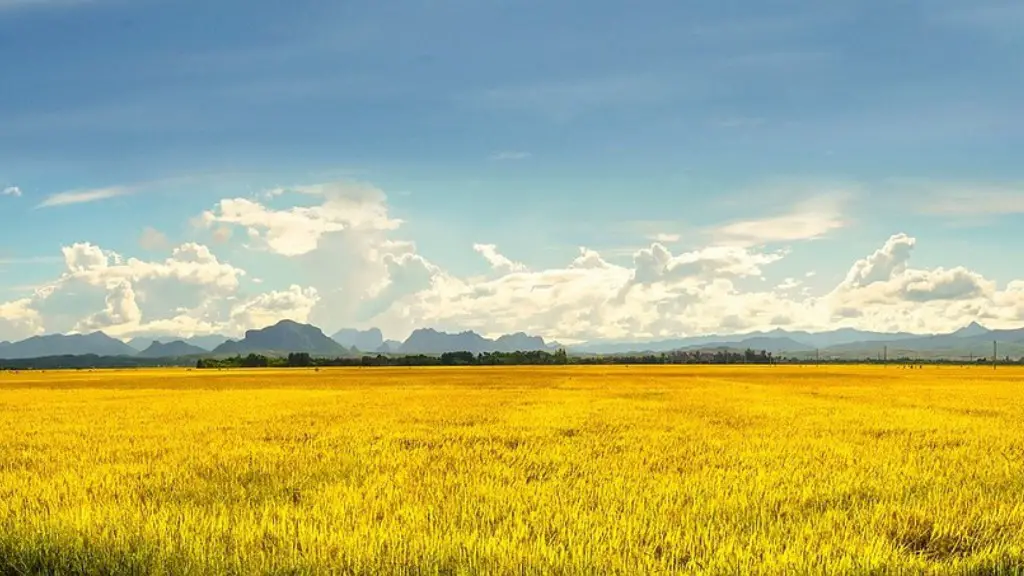The god of agriculture was a popular figure in ancient times. He was responsible for the fertility of the land and the harvest. He was often depicted as a young man, carrying a sickle or a cornucopia.
The god of agriculture was named Ceres. She was the Roman goddess of grain crops, fertility, and agriculture.
Who is the Roman god of agriculture?
Ceres was an important goddess in ancient Roman religion. She was associated with agriculture, grain crops, fertility and motherly relationships. She was one of the Dii Consentes, Rome’s equivalent to the Twelve Olympians of Greek mythology.
Demeter is the goddess of agriculture in Greek religion. She is the daughter of Cronus and Rhea, sister and consort of Zeus, and mother of Persephone. Her name indicates that she is a mother.
Who is the god of harvest and agriculture
The Greek goddess Demeter is the goddess of harvest and agriculture. She is also responsible for the cycle of life and death. Demeter is credited with creating the seasons, which was a result of her daughter, Persephone, being stolen by Hades.
Demeter is one of the most important goddesses in Greek mythology. She is the goddess of agriculture, fertility, and the harvest. She is also known as a goddess of love and marriage. Demeter is a very popular figure in Greek mythology, and her story is one of the most well-known.
Who is the Egyptian god of agriculture?
Osiris was one of the most important gods in ancient Egyptian religion. He was the god of fertility, agriculture, the afterlife, the dead, resurrection, life, and vegetation. Osiris was also the patron god of the pharaohs. The pharaohs were believed to be the incarnations of Osiris on earth.
Osiris was usually depicted as a green-skinned man with a pharaoh’s beard. He was often shown holding a crook and flail, which were the symbols of kingship. Osiris was also sometimes shown as a mummified man, or as a man with the head of a jackal.
The cult of Osiris was very popular in ancient Egypt. Every year, there was a festival held in honor of Osiris. During the festival, people would dress up as Osiris and his wife Isis, and march in processions. They would also reenact the story of Osiris’s death and resurrection.
The cult of Osiris continued even after the Egyptian state religion was changed to Christianity. In the 4th century CE, the emperor Constantine ordered the construction of a church dedicated to Osiris-Apis, the Egyptian form of the Christian god Jesus.
Neper was an important god in ancient Egyptian religion, as he was associated with grain. His female counterpart was Nepit, the goddess of grain, and his consort may have been Tayt, the goddess of weaving. Neper was responsible for ensuring that the harvest was successful, and that the people had enough to eat. He was also sometimes depicted as a scribe, as he was responsible for recording the grain yields.
Who is the African god of agriculture?
Oko Oko is an important god in many cultures, but especially in agricultural societies. He is often associated with fertility and abundance, and is thought to bring good fortune to those who live on small farms. One day, he simply vanished, leaving nothing but his staff sticking in the ground. While his disappearance is a mystery, it is said that his spirit continues to watch over those who work the land.
Apollo is one of the most important and complex gods in Greek mythology. He is the god of the sun and light, but also of music and poetry, healing and plagues, prophecy and knowledge, order and beauty, archery and agriculture. Apollo is often depicted as a young man with long, golden hair and a radiant smile. He is also associated with the laurel tree, and is sometimes depicted carrying a lyre or a bow and arrow. As the god of light and truth, Apollo is a positive force in the world. However, he is also a god of wrath and can bring down terrible diseases and plagues upon mortals who disobey him. Apollo is a powerful god who demands respect and obedience, but he is also a god of healing and compassion.
Who are the goddesses of agriculture
The agrarian gods are a group of gods associated with agriculture, fertility, and growth. They include Demeter, Dionysus, Gaia, Hades, Hecate, Horae, Persephone, and Plutus. These gods are important in Greek mythology and religion, and their stories often reflect the importance of agriculture in Greek society.
Demeter was the Greek goddess of agriculture and fertility. She was worshiped by many for her bountiful harvests and her ability to promote fertility. Demeter was the daughter of Titans, sister to Zeus, and mother to Persephone.
Who is the titan of agriculture?
Cronus was the son of Uranus and Gaia, and the father of Zeus. He was the God of Time, and his symbol was the snake. He was also associated with the grain, sickle, and scythe, and his day was Saturday.
Cronus was the god of agriculture in ancient Greek mythology. His festival, the Kronia, celebrated the harvest and resembled the Saturnalia. In art, he was depicted as an old man holding an implement, probably originally a sickle but interpreted as a harpē, or curved sword.
Who is the father of all agriculture
Borlaug was born in Cresco, Iowa, to Henry Oliver and Clara Borlaug on his grandfather’s farm. He was the oldest of four children. From his early childhood, Borlaug was interested in farming. When he was 10 years old, his family moved to a farm near Saude, Iowa. In 1928, at the age of 14, Borlaug left his family’s farm to attend the University of Minnesota, Twin Cities on a General Mills Foundation scholarship. There he worked on his father’s farm during the summers.
Borlaug’s studies were interrupted by the Great Depression and the Dust Bowl. He took a leave of absence in 1934 to work on his family’s farm. In 1935, he enrolled in the Iowa State College of Agriculture and Mechanic Arts, now Iowa State University, in Ames, Iowa, where he studied under soil scientist Elvin Stakman. Stakman mentored Borlaug and encouraged him to pursue a PhD in plant pathology and genetics.
After completing his Bachelor of Science degree in 1937, Borlaug returned to his family farm. The following year, he married Margaret Gibson. They had three children: Denise, Gary, and Ronald.
Borl
Demeter was the Ancient Greek goddess of the harvest. She was a very important goddess to Ancient Greek people, who farmed a lot of their food. Demeter had a kind and beautiful daughter, called Persephone, who she loved very much.
Who is the goddess of growing plants?
The goddess Ceres was worshiped by the ancient Romans as a goddess of the growth of food plants. She was often associated with the earth goddess Tellus, and her cult was widespread in Sicily and Magna Graecia. Over time, her worship was subsumed by that of the more widely venerated Demeter.
Enlil was the Mesopotamian god of agriculture and wind. The Myth of the Creation of the Hoe describes how he separated heaven and earth to make room for seeds to grow. Enlil was also responsible for sending storms and floods which were essential for the fertility of the land.
Was Osiris the god of agriculture
Osiris was an important god to the Ancient Egyptians for a variety of reasons. In addition to being ruler of the underworld, Osiris continued his role as the god of agriculture and fertility. Ancient Egyptians believed that the powerful Osiris had a cosmic influence over the cycles of the moon, allowing him to control the tides. This made him a god of great significance to the people who relied on the Nile for their survival.
In ancient Greek religion, Plutus was the god and personification of wealth. He was the son of the goddess of agriculture, Demeter, and the mortal Iasion. Plutus was often depicted as a young man with a cornucopia, which was a symbol of plenty.
Warp Up
The god of agriculture was known by different names in different cultures. In Ancient Greece, he was known as Demeter. In Rome, he was known as Ceres. In Norse mythology, he was known as Frey.
The god of agriculture was most likely a fertility deity because they were responsible for making the crops grow. This was an important job because if the crops failed, then the people would starve. The god of agriculture was often shown as a bearded man carrying a sickle or a scythe.
